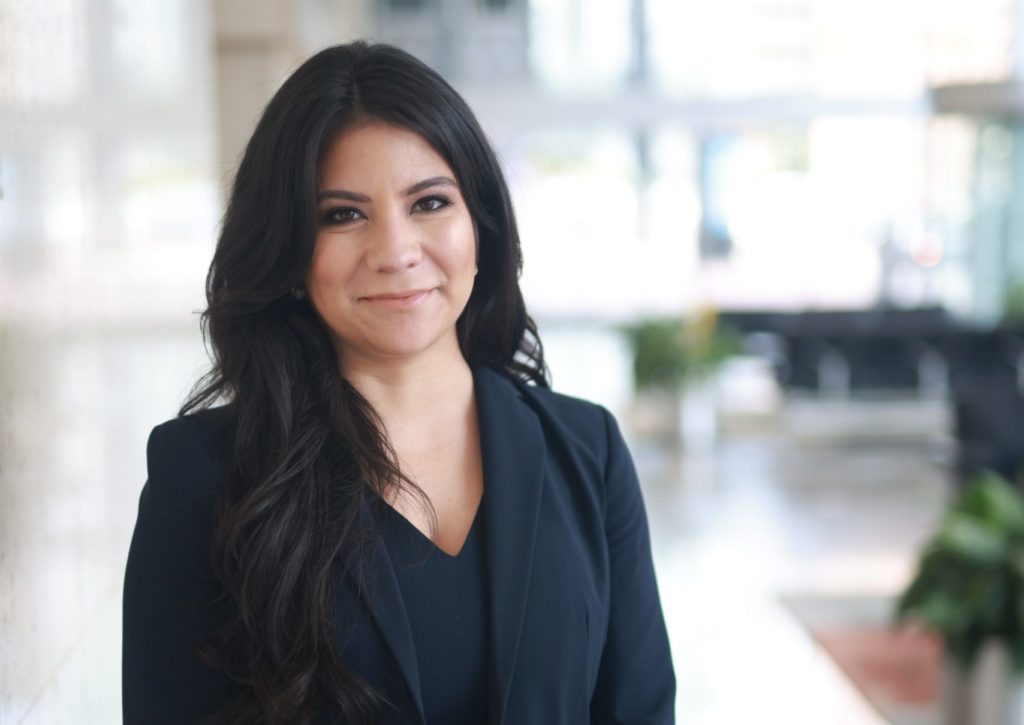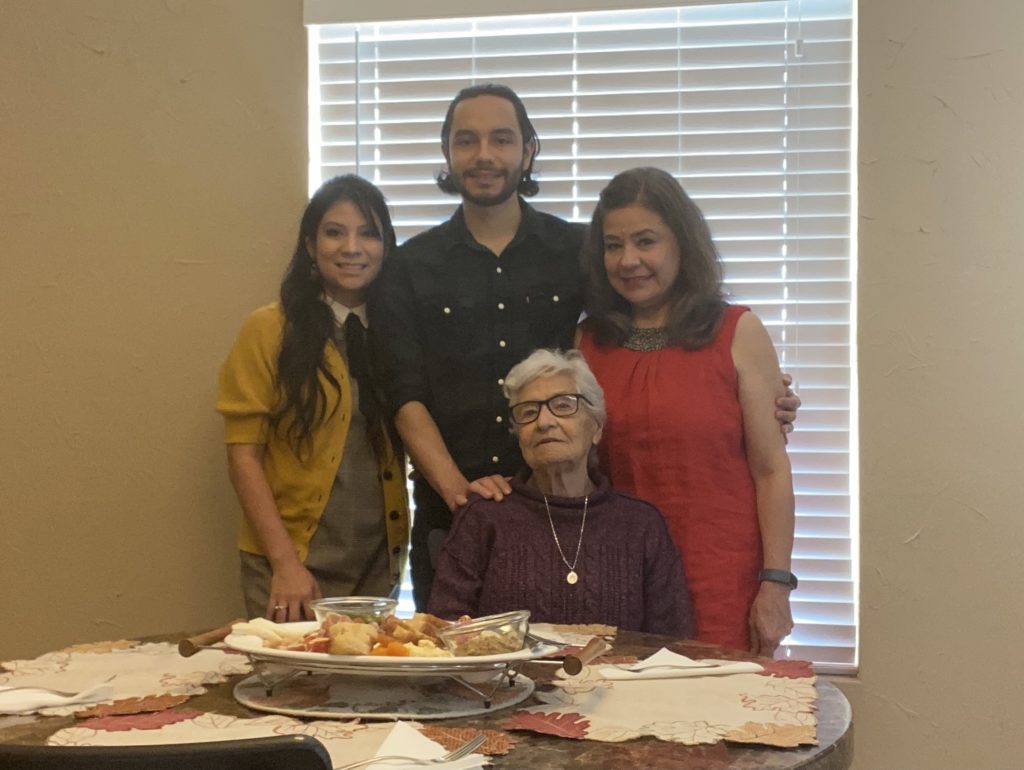
I was born and grew up in El Paso. My mother immigrated here from Mexico as an adult; my father was born in El Paso to Mexican parents. I can recall writing my personal statement during my law school application about borders.
My grandparents lived in Mexico. I grew up crossing back and forth to visit them. Living in El Paso means a total familiarity with the border. The physical “bridges” are busy, traffic-laden locations in the city with lots of activity. Ciudad Juarez spills right into El Paso and vice versa. When I attended The University of Texas at El Paso for college, I was able to clearly see Ciudad Juarez from campus.
Apart from the city’s physical geography, emotional and psychological borders are also a part of life. I observed many families divided between two countries. You can never assume that someone speaks English.
I met all kinds of people who had different interactions with the border, including some who had recently moved to the United States or others who crossed every day for school. It was a shared understanding that life in this city meant appreciation for different kinds of experiences. The local military base adds a population of soldiers and their families from all over the world. The rich diversity of the city was something that I took for granted and never stopped to think about – it was just the way life was.
After I graduated from the University of Michigan Law School, I accepted a job as a Dallas County prosecutor. Through my years of education and practice, I have been taught that diligent study, hard work and fierce advocacy skills create the best litigators and trial attorneys.
However, what is not taught is how to connect with people. I can attribute my biggest successes as an attorney to the trust I fostered with the victims on my cases. I do not write to suggest that attorneys have less potential for connection because of their background, but I have learned that having genuine respect for someone’s unique life story is invaluable and has helped me become the litigator I am today.
I remember when I was challenged with persuading a 15-year-old to talk to me about her sexual assault. She had been transported to Texas from a violent Latin American country, didn’t speak English and was abused by the same man who transported her and had promised her safe travel to the United States. I was finally able to build trust that enabled her to feel comfortable telling me her story. Once she had agreed to speak with me and come to court, I was then challenged with addressing jurors and arguing this case to them.
The answer, for me, was a sincere reflection of her life circumstances. Not just saying the words – really imagining what that would be like if I were 15 and going through her experience. How would I treat some attorney coming into my house to talk to me about my body and my life? Once again, my upbringing enables me to do this well.
My next challenge is when I stand in front of that jury, I must place myself in their shoes as well. If I’m a juror who has had no interactions with teenage immigrants, then what do I need to hear from a prosecutor to convince me that the credible evidence meets the burden of proof? I know that my background helped me tackle these difficult challenges and reach successful verdicts.

These skills have translated easily to my new practice as a civil litigator. No matter the type of case, injured victims want to be heard and appreciated. That appreciation for diversity, the client’s experience, a juror’s experience and even opposing counsel’s experience is what truly makes a great trial attorney. The journey to credibility is different for every attorney. I have found my credibility by valuing my background.
I reflect upon how my background motivated me to be an attorney, and I appreciate how it has made me a better attorney. I have always been driven to pursue a career to help people, especially those who feel invisible, like immigrants or women of color. My heritage is just as much a piece of me as my hard work, my studies and the long hours that have brought success to me and my clients.
Laura Andrade is a personal injury attorney with Dallas-based law firm Hamilton Wingo.
